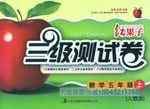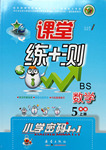题目内容
(3) ------易题
Here are three notices on the school bulletin board.
| Chinese Prints This exhibition starts on January 3 and ends on January 21. At 6:00 p.m.on Friday, 4 January, there will be a talk on Chinese painting by Professor Li Yan in the Yingdong Gym. Opening times: Mon ------ Fri, from 8: 00 am to 5: 00 pm Place: the School Library Ticket: Free |
|



